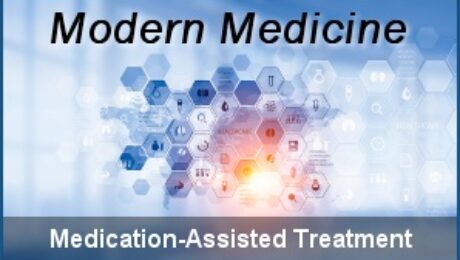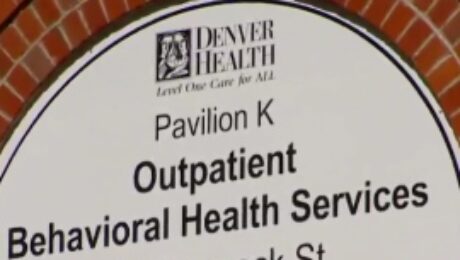Lethal Fentanyl Is On The Rise
Tuesday, 11 January 2022
The Centers for Disease Control and Prevention recently published information highlighting the proliferation of deadly fentanyl in America. Fentanyl is approximately 50 times more powerful than heroin and is finding its way into a wide variety of street drugs. CBS affiliate WMAZ covered this topic in a January 10, 2022 post. Of particular interest was
ADS Greensboro New Location
Friday, 01 June 2018
Greetings everyone! We have exciting news: ADS has a new home in Greensboro at 1101 Carolina St. over near Moses Cone Hospital. All ADS services will be delivered at this new location after June 22nd. We were located on E. Washington St. across from The Depot for 25 years, but that building was recently acquired
- Published in Alcohol and Drug Services, Methadone Clinics, Treatment and Recovery
NC Attorney General Asking For More Effort To End Opioid Crisis
Thursday, 03 May 2018
WSOC-TV has published a segment on NC Attorney General Josh Stein who is aiming for additional funding to address the ongoing opioid crisis. Mr. Stein indicates that there are simply not enough treatment centers across the state of North Carolina to adequately meet the needs of those addicted to opioids. The Hope Act is a
FDA Making Push for Opioid Treatment Medications
Wednesday, 25 October 2017
Finally, it seems there is growing momentum for the utilization of medications in treating opioid addiction. The commissioner of the U.S. Food & Drug Administration (FDA), Scott Gottlieb, has expressed an intent for the FDA to leverage the use of medications to treat opioid addiction in America. The list of medications include methadone, buprenorphine, and
The Case for Medication Assisted Recovery
Monday, 25 September 2017
Historically, abstinence-based recovery has sought to establish that recovering addicts abstain from all use of illicit substances including alcohol. This model of treatment was originally rooted in the Alcoholics Anonymous 12 Step Program which by design was intended to address alcohol addiction specifically. That program has been extremely popular and effective in helping alcohol dependent
- Published in Addiction in Media, Addiction Recovery, Brain Science, Current Drug Trends, Drug Addiction, Faith and Inspiration, Heroin Overdose, Medication-Assisted Treatment, Methadone, Methadone Clinics, Opioid Addiction, Opioid Recovery, Opioid Treatment, Overdose Prevention, Recovery, Suboxone, Treatment and Recovery
The Difference Between Methadone and Suboxone
Thursday, 21 September 2017
An overview: Methadone and Suboxone are the two leading medications used in the treatment of opioid addiction. Methadone has been utilized in opioid treatment in the United States since the late 1960’s. Suboxone was introduced in 2002. Methadone and suboxone are in widespread use around the world due to their proven benefit in the treatment
Substance Abuse Treatment in the Community
Thursday, 04 May 2017
Joe McDonald is President and CEO of Catholic Health Services in Buffalo, NY. They are an outpatient substance abuse treatment facility who recently relocated, and are adding “medication-assisted treatment” to help local people struggling with opioid addiction. Joe wrote an opinion piece for The Buffalo News, and in it expressed his hope that the local
A Denver Health Clinic Treating 600 with Methadone
Thursday, 09 March 2017
Like most every place in the United States, the state of Colorado is also experiencing a local opioid crisis. In Denver, many people are in search of opioid treatment. In the video linked here, Denver Health is profiled as an area methadone clinic that is presently treating 600 patients who had developed severe opioid addiction.
Letter to President Trump on Opioid Epidemic
Wednesday, 15 February 2017
Last month, the President and CEO of Partnership for Drug-Free Kids sent President Trump a letter requesting special funding to address the national opioid addiction & overdose crisis. Marcia Lee Taylor asked that the Trump Administration make this problem a priority and work with educators, healthcare providers, and governmental officials to draft policy solutions that









